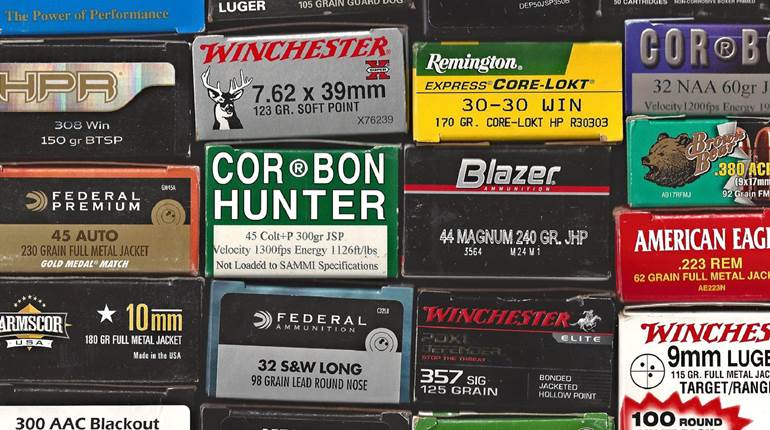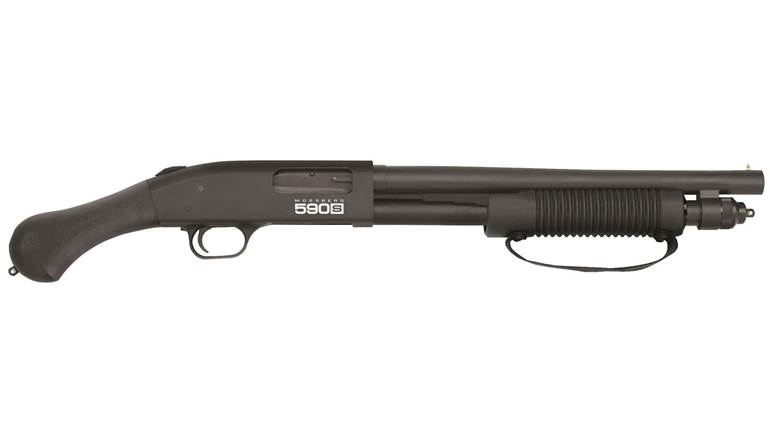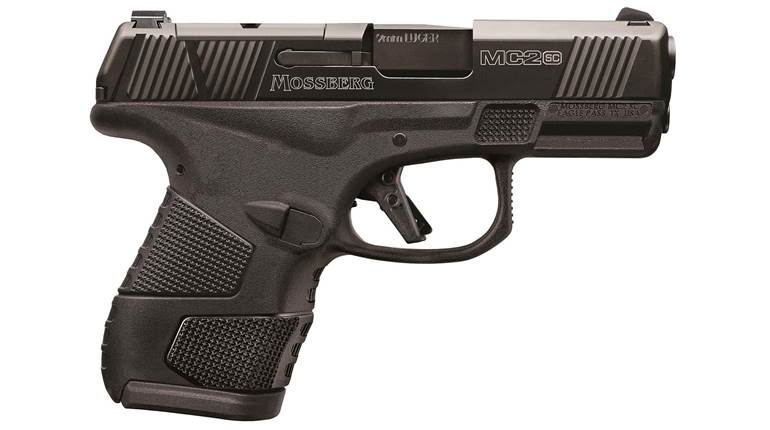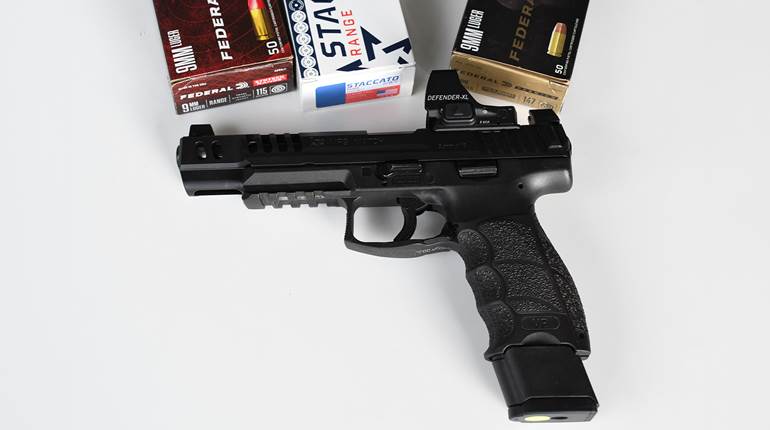
Guy Sagi recently posted an article discussing his hair-raising home-invasion experience. He also included some tips for planning ahead. One topic he touched on briefly was the need to harden one's home against attack. Here are a few ideas to keep in mind:
1. Install motion-activated lights.
Those criminals who have worked up the nerve to break into someone’s home have two primary fears: getting hurt and getting caught. The first fear explains why being confronted by an armed home owner is such a persuasive reason for vacating the premises. No one wants to get shot. But firearms represent the last line of defense when all other obstacles to intrusion have failed. So take advantage of the fear of getting caught by placing bright motion-activated lights at key entrance locations around your property. This affordable first line of defense can be an effective deterrent to prevent ill-intentioned individuals from entering your home in the first place.
2. Secure exterior doors and windows.
It should go without saying that an evaluation of all exterior doors and windows is an important part of a good home security plan. Replace flimsy or damaged locking mechanisms with new ones. Install locking devices when they are absent. Get into the habit of keeping doors and windows locked both day and night. If possible, add lockable secondary doors to the primary entrances. The home my family lives in has steel security doors that look and function as screen doors. Keeping these secondary doors locked, even if they are ordinary screen doors, can provide precious time for the home owner to move away from a threat.
3. Engage your alarm system.
For those who have an alarm system installed in their home, get in the habit of using it. For those who don't, there is a wide variety of install-it-yourself alarm systems to choose from these days. Some of them cost less than a quality handgun. A great secondary alarm system the whole family can enjoy is none other than man's best friend. If you are a dog person, then a four-footed intruder alert not only adds another layer of security, but you can take it to the park to play catch.
4. Evaluate the landscape.
Take a look around the property to see if there are any blind spots that could provide cover for someone to slip in unseen. If so, shape or remove tree branches and shrubs which are in the way. Planting thorny bushes directly under the windows will work to discourage people from climbing in (and teenagers from sneaking out). Add locking hasps to any garden gates and keep them locked. Be sure to secure any tools, like hammers, ladders or shovels, which could be put to use by an intruder.
5. Keep floors and pathways clear of obstructions.
As the father of small children, I know exactly how hard it is to keep the pathways through a home clear of toys and bric-a-brac. But in an emergency situation, be it natural or man-made, the ability to move quickly through the house to gather and guard your loved ones is a key factor. Tripping over forgotten objects in the dark is not likely to improve the execution of your security plan.
6. Flashlights & Fire Extinguishers
A very sensible precaution, for a number of reasons, is to place flashlights and fire extinguishers around the home, garage, and workshop. They don't cost much compared to the value they provide. Bright LED flashlights have become small and inexpensive. Fire extinguishers will not only put a stop to a dangerous fire, they make wonderful impromptu defensive tools. Spray intruders in the face to blind and choke them and then, if necessary, use the canister as a bludgeon.
7. Install solid core doors.
The typical hollow interior door provides very little protection against forced entry. Seeing one of your kids accidentally kick a hole in one while horsing around clearly demonstrates how fragile they are. When picking one or more rooms to act as barricade locations, replace the hollow door with a solid core door to provide increased protection. Install a good lock and use long wood screws (4") to mount the hinges more securely to both the door and the frame. This is another strategy that gives the home owner invaluable time to organize their resources while awaiting the arrival of the authorities.
8. Consider staging defensive firearms in more than one location.
Although it makes sense to secure a defensive firearm in a quick-access safe or strong box in the master bedroom, home invasions do not always take place at night when everyone is tucked comfortably into their beds. Depending on the size of your living space and where you spend the majority of your time when you are at home, it might be a good idea to stage additional secured firearms in other locations, such as your home office or kitchen.






































